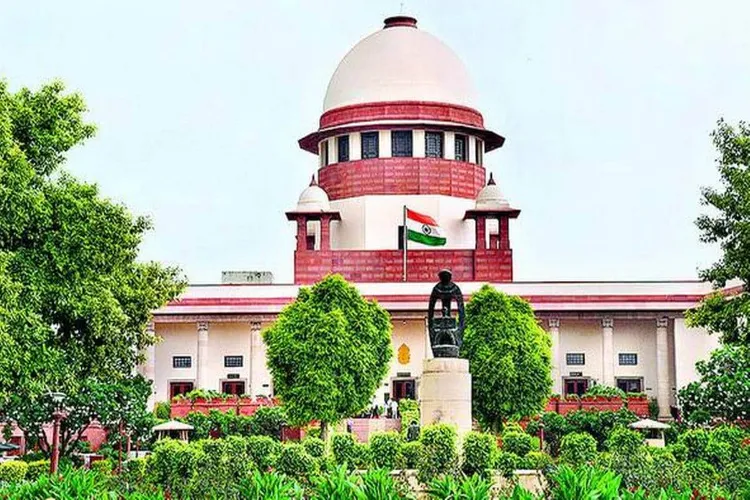
New Delhi
The Supreme Court on Friday took suo motu cognisance of incidents of digital arrest scams, where fraudsters impersonate law enforcement agencies or judicial authorities to extort money from citizens, particularly senior citizens, and sought a response from the Centre and the CBI.
A bench of Justices Surya Kant and Joymalya Bagchi observed that the fabrication of judicial orders bearing forged signatures of the judges strikes at the very foundation of the public trust in the judicial system, besides the rule of law.
It said such action constituted "direct assault" on the dignity of the institution.
"The fabrication of judicial orders bearing forged signatures of the judges strikes at the very foundation of the public trust in the judicial system, besides the rule of law. Such action constituted a direct assault on the dignity of the institution. Such a grave criminal act cannot be treated as an ordinary or routine offence of cheating or cyber crime," the bench observed.
The apex court said that coordinated efforts between the central and state police are required to unearth the full extent of the enterprise involving forging judicial documents, extortion, robbery of innocent people, most importantly, the senior citizens.
The bench took suo motu cognisance of a complaint to the apex court by a senior citizen couple who have been defrauded of their life savings through a digital arrest scam last week.
The 73-year-old woman from Ambala alleged that scammers used forged Supreme Court orders to confine her in a digital arrest and extort more than Rs. 1 crore.
She claimed that the fraudsters produced a fake order purportedly issued by the Supreme Court judge.
The apex court issued notice to the Union of India through the Secretary of the Ministry of Home Affairs, the CBI through its Director, the Principal Secretary of the Department of Home, and the SP Cyber Crime at Ambala. It also asked the Haryana government and SP cyber crime Ambala to file the status report of the investigation taken place so far.
ALSO READ: Was the two-nation theory brainchild of Sir Syed Ahmad Khan?
The bench also sought the assistance of the Attorney General for India on the issue. (
